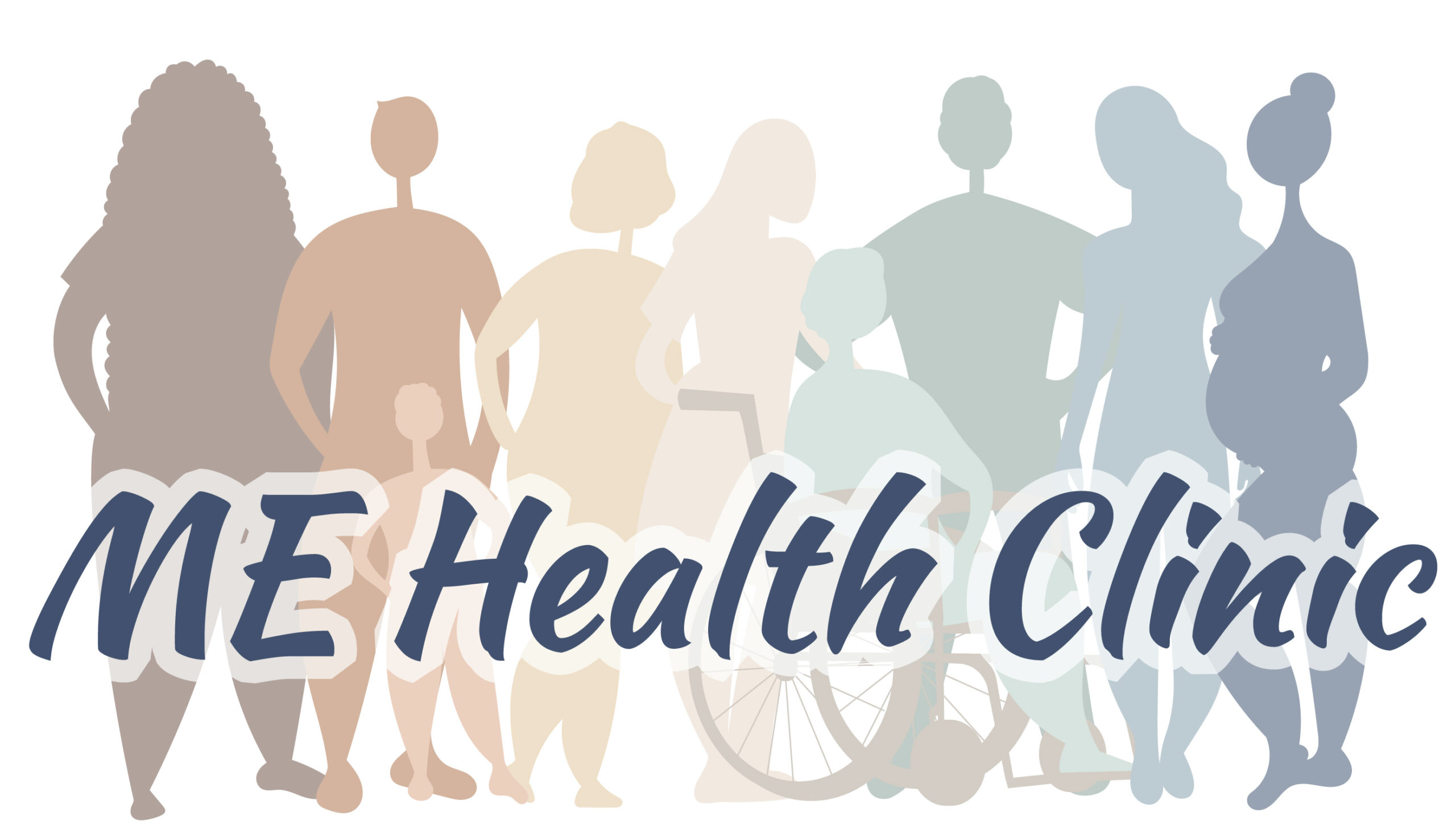At ME Health Clinic, our psychologists use a range of evidence-based therapeutic approaches.
To help you better understand some of the different therapy approaches we offer, brief descriptions are detailed below.
Acceptance and Commitment Therapy (ACT)
Acceptance and Commitment Therapy (ACT) aims to increase psychological flexibility. This is achieved by learning how to practice acceptance and engaging in meaningful activity, despite the presence of unpleasant emotional and physical experiences and unhelpful thoughts. In ACT, connecting with the present moment and being more mindful are also key components, alongside supporting you to act in a way that supports your values.
Cognitive Behavioural Therapy (CBT)
Mindfulness
Motivational Interviewing (MI)
Schema Therapy
Schema therapy incorporates elements of several different types of therapies and is commonly used for longstanding mental health difficulties and/or attachment issues. Schema therapy focuses on how maladaptive core beliefs (schemas) were formed in response to unmet needs in early life and how this influences current coping patterns and interactions with others.
At ME Health Clinic, our psychologists use a range of evidence-based therapeutic approaches. To help you better understand some of the different therapy approaches we offer, brief descriptions are detailed below.
Acceptance and Commitment Therapy (ACT)
Acceptance and Commitment Therapy (ACT) aims to increase psychological flexibility. This is achieved by learning how to practice acceptance and engaging in meaningful activity, despite the presence of unpleasant emotional and physical experiences and unhelpful thoughts. In ACT, connecting with the present moment and being more mindful are also key components, alongside supporting you to act in a way that supports your values.
Cognitive Behavioural Therapy (CBT)
Mindfulness
Motivational Interviewing (MI)
Schema Therapy
Schema therapy incorporates elements of several different types of therapies and is commonly used for longstanding mental health difficulties and/or attachment issues. Schema therapy focuses on how maladaptive core beliefs (schemas) were formed in response to unmet needs in early life and how this influences current coping patterns and interactions with others.





